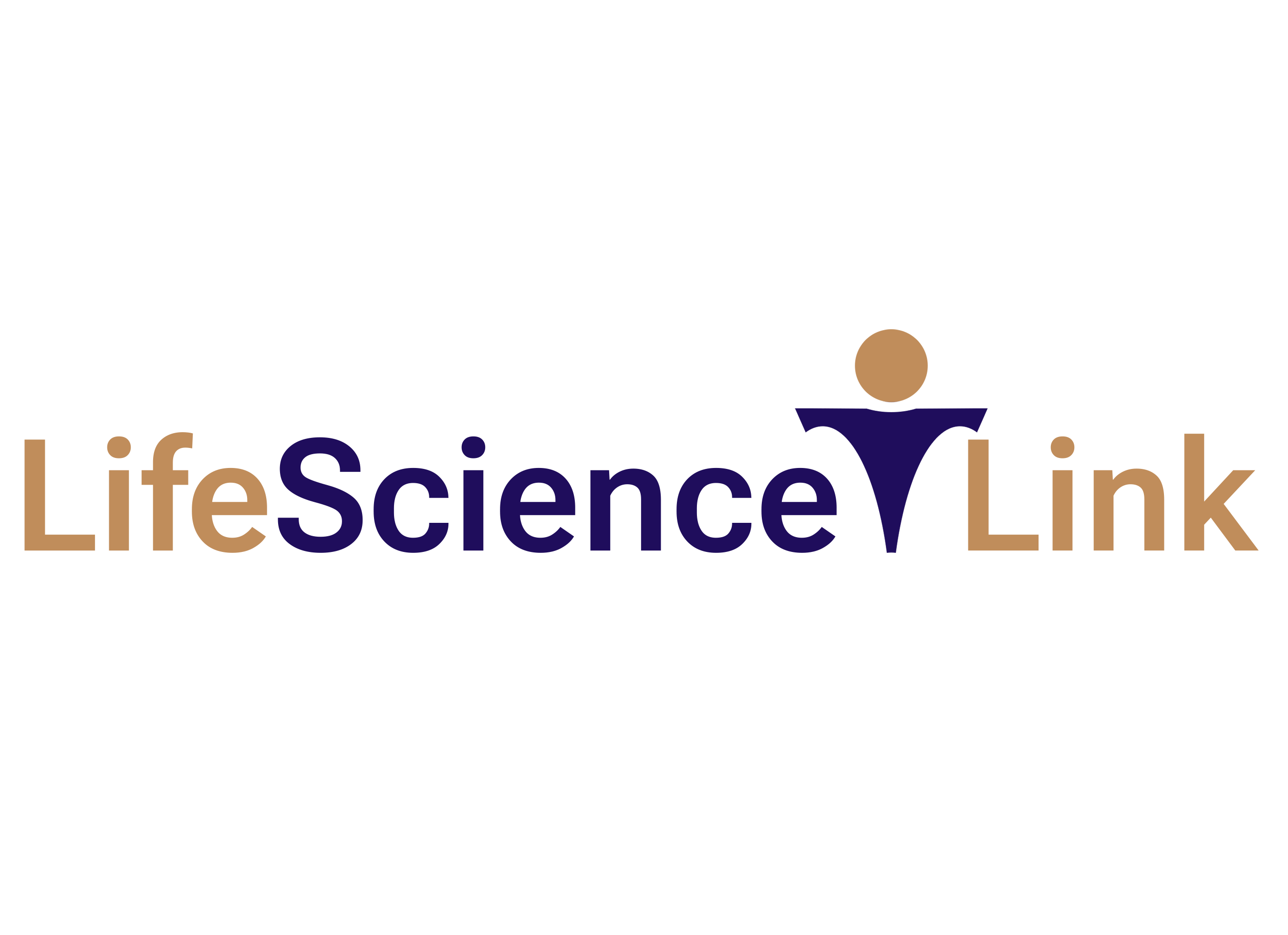Difference between hard skills and soft skills


Hard Skills:
Hard skills are specific, teachable abilities that can be defined and measured. They are typically job-specific and can be acquired through education, training, or experience.
Examples of hard skills include technical skills such as coding, data analysis, graphic design, project management, proficiency in a particular software or language, and other quantifiable abilities.
Hard skills are often easy to quantify and assess, and they are essential for performing specific tasks and functions within a job or industry.
Soft Skills:
Soft skills, on the other hand, are non-technical skills that are more related to how individuals interact with others and approach their work. They are often described as interpersonal or people skills.
Examples of soft skills include communication, teamwork, adaptability, problem-solving, leadership, emotional intelligence, time management, and conflict resolution.
Soft skills are essential for building strong relationships, collaborating effectively with others, and navigating the complexities of the workplace.
Distinguishing between hard skills and soft skills is crucial because they play different roles in the workplace:
Hard skills are often necessary to perform specific job tasks and functions, while soft skills are critical for overall success, teamwork, and professional development.
While hard skills may qualify an individual for a position, soft skills often determine how well they can perform in that role and how they interact with colleagues and clients.
In summary, hard skills are specific, measurable abilities related to performing tasks, while soft skills are more about how individuals interact with others, approach problem-solving, and navigate the workplace environment. Both types of skills are valuable and necessary for success in the modern workplace.
